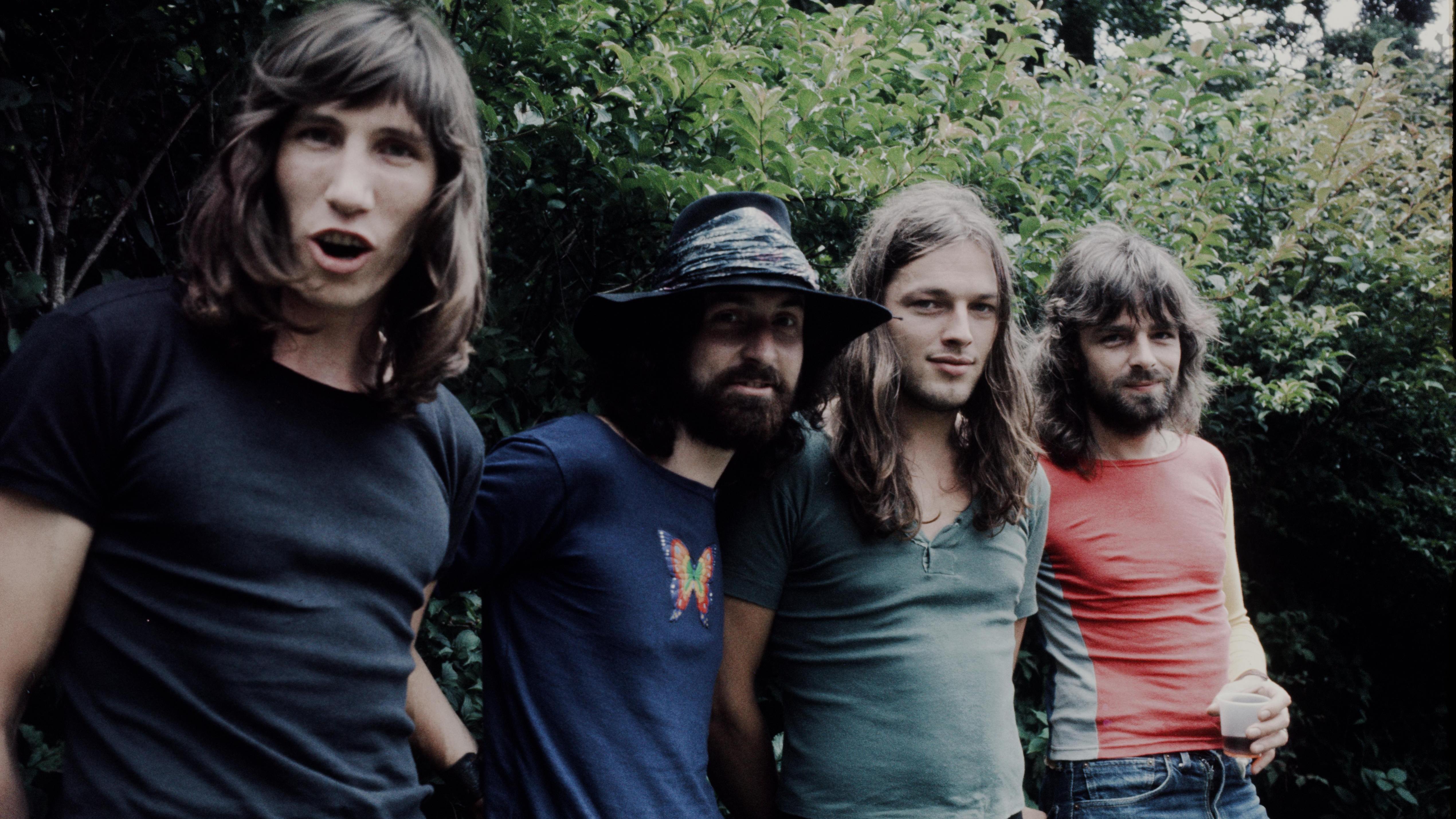Pink Floyd are in the Money as they seal their back catalogue deal for £400 million
Sony Music have parted with the big bucks for the band’s music and imagery but the deal excludes publishing rights

Pink Floyd have become the latest band to net a lump-sum mega deal, netting £400 million for their back catalogue, neighbouring rights, band name and likeness according to The Financial Times.
Deals such as these effectively see the band involved washing their hands of all their previous hard work in exchange for easy money. Rather than continue to earn what could be considerable sums from being part of the management of their portfolios – that’s taking money from Spotify, earning from the use of their music in movies, netting cash from cover versions and more – back catalogue sales see bands give away all their future earnings in exchange for cash up front, live and direct, and in the bank today.
In the past few years we’ve already seen Queen part with their work for $1 billion up front from Sony. The band will retain any earnings from live performances however. It’s thought that Sony Music paid as much as $600 million for what has, through subsequent releases, become only half of Michael Jackson's back catalogue. Bruce Springsteen earned an estimated $500 million for 300 songs including the potentially timeless Born To Run and Born in the USA. And Genesis, Bob Dylan, Kiss and Tina Turner all took around $300 million in similar up-front deals.
The Floyd deal sees Sony taking on both of the band’s companies: Pink Floyd (1987) Limited looking after their music with Roger Waters and Pink Floyd Music Limited being for music recorded after his departure.
The two companies are reported by Music Business Worldwide as generating a combined revenue of $50million (£40.399million) in the fiscal year ending June 30 2023.
What’s interesting about the Floyd deal is that it very carefully and consciously excludes the publishing rights to the material, meaning that in the letter of music law, band members Gilmour, Waters, Mason and the estate of Rick Wright still own their work and will receive royalties as its writers.
It’s perhaps this constraint that has held back the amount earned in the new deal (while still being a stellar exchange of raw rights for cash).
Want all the hottest music and gear news, reviews, deals, features and more, direct to your inbox? Sign up here.
And while the exchange of a lifetime’s hard work for cold hard cash may seem like short-sighted cash grabs, such deals are often clear win/wins. The artist becomes the lucky recipient of a ‘get rich quick’ windfall while, in the hands of on-going, more enterprising and forward thinking business concerns, their material is only ever pushed harder, with them becoming ever more legendary, recognised and respected as the decades roll by.
This, versus a perfectly good, bankable property remaining in the control of an artist who is perhaps of a certain age, unable to understand future markets and unlikely to ever better their past glories…
Indeed, speaking to Rolling Stone, the band’s guitarist David Gilmour described such a deal as “a dream”, being happy to “be rid of the decision-making and the arguments that are involved with keeping it going,” adding: “I am not interested in that from a financial standpoint. I’m only interested in it from getting out of the mud bath that it has been for quite a while.”
In exchange for their hard work, artists are effectively freed from earthly burdens with decades of fiddly, uncertain, future earnings now being delivered to them all at once.
Never done lightly, these deals are the perfect balance of a gamble on how much an artist's songs, albums, physical likeness and other IP might generate in five, 10, 20 years time, versus the volume of cold, hard, real-world cash that they need to part with today.
It’s clear that Sony Music only sees Pink Floyd as a brand that’s going to run and run.
Daniel Griffiths is a veteran journalist who has worked on some of the biggest entertainment, tech and home brands in the world. He's interviewed countless big names, and covered countless new releases in the fields of music, videogames, movies, tech, gadgets, home improvement, self build, interiors and garden design. He’s the ex-Editor of Future Music and ex-Group Editor-in-Chief of Electronic Musician, Guitarist, Guitar World, Computer Music and more. He renovates property and writes for MusicRadar.com.
